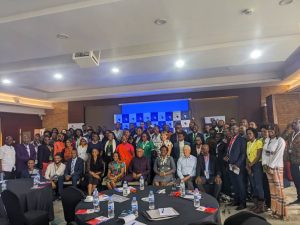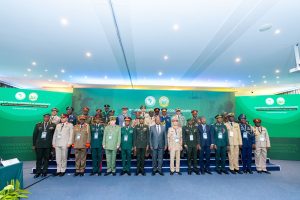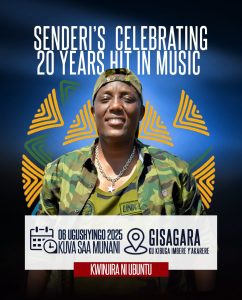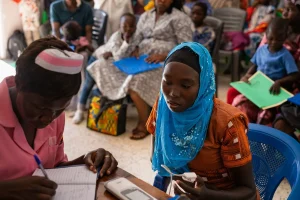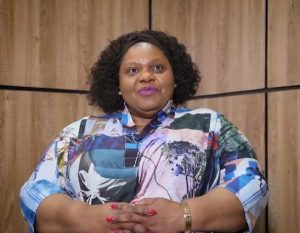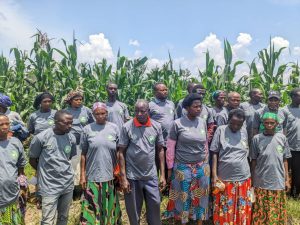The Road to Global Recognition for Rwandan Music: An Expert’s Insight by Sibomana Emmanuel, Entertainment Journalist

In an exclusive and timely conversation with TopAfricaNews.com, Sibomana Emmanuel—one of Rwanda’s entertainment journalists and analysts—shared his expert take on why Rwandan music, despite growing local popularity, still struggles to make a significant mark on the global stage.
Born on 1st January 1988 in Rwanda’s Southern Province, Nyanza District, Kigoma Sector, Sibomana is widely known for his sharp analysis on platforms such as radio, television, YouTube, and online media. He is not only a media figure but also a passionate voice for reform and strategic growth in the creative sector. With years of experience observing both the East African and international entertainment industries, his insights are rooted in a deep understanding of culture, systems, and the realities artists face on and off stage. Through consistent appearances and emotionally intelligent commentary, Sibomana has become a trusted name in the region—committed to education, cultural progress, and the elevation of African talent on the global stage.
Positive Momentum: What Rwanda Has Done Right
Sibomana begins by appreciating the efforts already in place. “We cannot talk about problems without acknowledging the progress,” he insists. According to him, the Government of Rwanda—through institutions like the Ministry of Youth, Culture and Arts, and the Rwanda Development Board—has done a great job in setting a foundation for creative industries.
He highlights infrastructure developments such as BK Arena, Intare Arena, and Amahoro Stadium as vital spaces for entertainment and large-scale cultural events. He also points to initiatives like the government’s support for international festivals such as KigaliUp and Ubumuntu Arts Festival as strategic steps toward creating platforms for talent exposure.

Furthermore, Sibomana applauds the recent rise in the exportation of Rwandan talent in sectors like film, fashion, and visual arts—evidence of a country steadily positioning itself on the global creative map. He adds that Rwanda’s full security and stability across the nation provide a unique and reliable environment where artists can thrive and international stakeholders can confidently invest in the industry.
Hard Truths: What’s Holding Rwandan Music Back?
Sibomana identified several major challenges that continue to limit Rwanda’s music industry from expanding globally:
- Lack of Professional Management & Strategic Branding
Most Rwandan artists still self-manage or depend on friends without proper training in global branding, legal contracts, or international touring. “You can’t go global without a team that understands global standards,” Sibomana notes. - Limited Industry Education
Rwandan entertainment lacks enough dedicated music academies, production schools, and business training programs specifically tailored for entertainment. Young creatives often learn on the job or through trial and error. This slows down both their growth and the professionalism of the entire entertainment sector. - Weak Collaboration Between Artists and Media
Sibomana emphasized that artists and entertainment journalists need to collaborate—not compete. “In Kenya, Nigeria, South Africa—you’ll see entertainment journalists pushing artists like partners. In Rwanda, the relationship is still strained or underdeveloped,” he added. - Overreliance on Social Media Popularity
“Being famous on Instagram doesn’t always mean you have global impact,” Sibomana explains. He warns that the local obsession with views and followers can blind artists from long-term vision, artistry, and global competitiveness. - Minimal Exposure to International Markets
Few artists tour internationally or have access to regional and global distribution platforms. Language barriers, lack of travel funding, and poor industry networking also add to the challenge.
Mental Health and Artist Loneliness
A surprising but important element Sibomana brought up was the issue of loneliness, anxiety, and mental health among artists. “Some Rwandan musicians suffer silently. The pressure to look successful online, while struggling financially or emotionally, creates a toxic reality,” he said.
He encourages both fans and industry stakeholders to support artists with compassion and dignity—not just when they trend or go viral.
The Way Forward: What Can Be Done?
When asked what Rwanda needs to do next, Sibomana offered several realistic solutions:
- Invest in music business education by creating professional training for artist managers, producers, and promoters.
- Strengthen media-artist partnerships to build a culture where media and musicians lift each other.
- Create export-oriented systems to help artists register with global royalties’ organizations, distribute to international platforms, and participate in cultural exchange programs.
- Recognize and reward consistent effort with more award shows, grants, and recognition—not just for trending acts.
“Global success doesn’t happen by luck,” he said. “It’s a long-term result of vision, investment, systems, and unity.”
Appreciation for Progress and Purpose
Sibomana closed the interview by applauding the Rwandan government for laying a strong cultural foundation. “They’ve opened the first door,” he said. “Now it’s our job—as artists, managers, entertainment journalists, and private investors—to walk through it and bring Rwandan music to the world.”
He also thanked TopAfricaNews.com for giving him the platform to share these insights. “Platforms like this are part of the solution. You’re helping elevate the conversation, and I’m truly grateful.”
Conclusion: A Voice for the Future of Rwandan Music
Sibomana Emmanuel is more than an entertainment journalist—he’s a visionary voice pushing for a better creative future in Rwanda and East Africa. Though he has not yet received the accolades he deserves, his dedication, networks, and insights are building a path that others can follow.
If the Rwandan entertainment and creative community take his message seriously—focusing on quality, hardworking, unity, professionalism, training, and vision—then international awards and recognition won’t just be a dream. They’ll become part of our reality.
Additional Challenges
Some challenges continue to hold back the growth of Rwandan artists on the international stage. For example, there are artist managers who seem more focused on their own popularity than on developing their artists. Many artists lack fundamental music skills, such as playing instruments or continuously learning new techniques to improve their craft. Additionally, certain artists rely on traditional beliefs, like seeking spiritual power from witch doctors, which can distract from professional growth. Another limitation is the tendency to perform only in Kinyarwanda, a language not widely spoken outside Rwanda, while many successful international artists incorporate English, French, or other global languages to reach broader audiences.
Moreover, when international celebrities visit Rwanda, some local artists shy away due to language barriers, limited networking skills, or lack of confidence—missing valuable opportunities to build connections and expand their fan base.
Despite these challenges, the Government of Rwanda deserves recognition for its proactive role in developing the entertainment industry. By investing in world-class venues and actively inviting global shows and artists to perform in the country, Rwanda is positioning itself as a vibrant cultural hub. Many entertainment analysts now regard Kigali as the entertainment capital of Africa, reflecting the country’s growing influence on the continental stage.

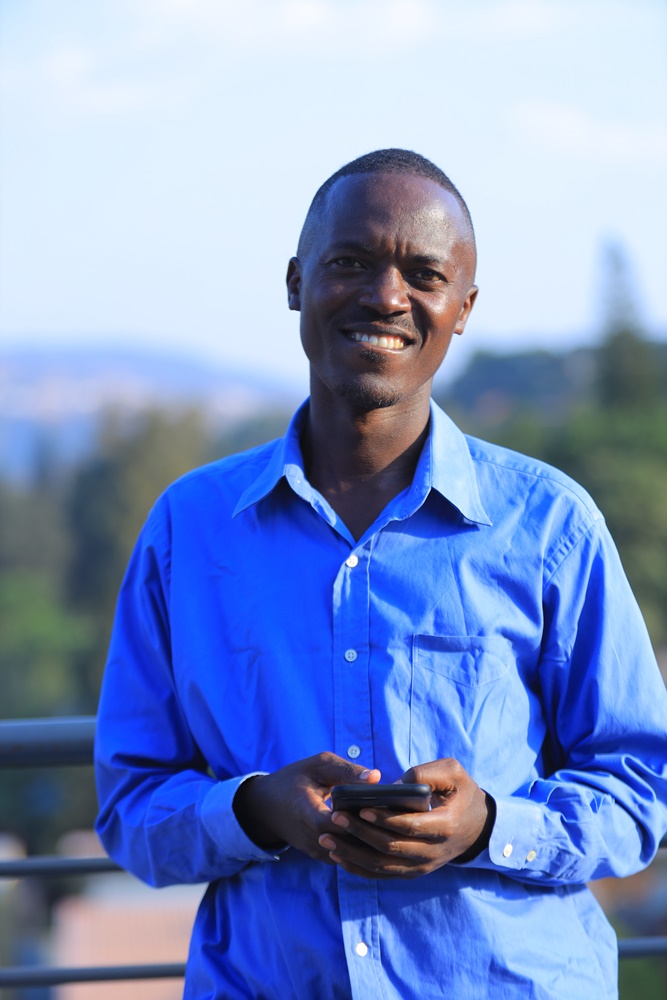

SUBSCRIBE TO OUR NEWSLETTER



